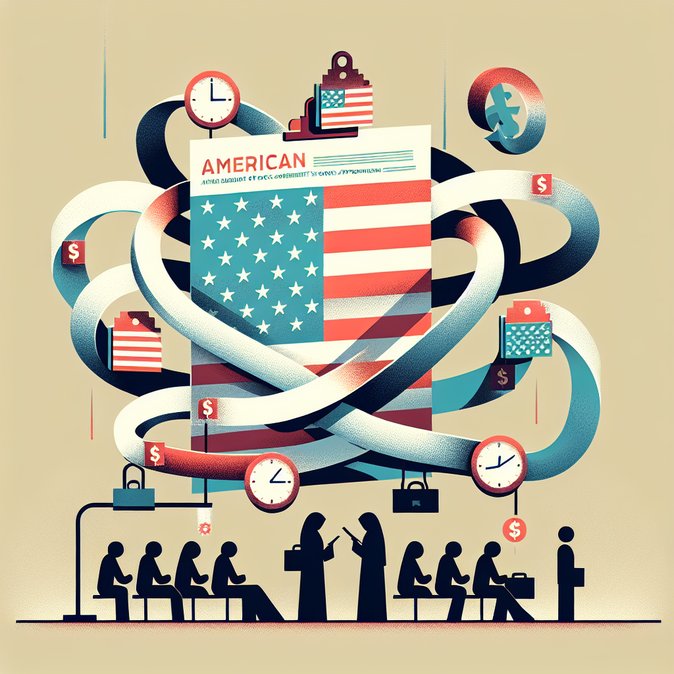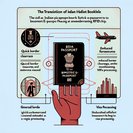
Effective 30 October 2025, the US Department of Homeland Security has scrapped the 180-day automatic extension of Employment Authorization Documents (EADs) that many H-4, L-2 and adjustment-of-status applicants relied on to avoid work interruptions. Renewal applicants must now wait for formal approval before continuing employment, barring a handful of statutory exceptions (e.g., certain TPS holders).
Why this matters in Dubai and Abu Dhabi: UAE multinationals—including Emirates Group, ADNOC and tech start-ups with US footprints—routinely deploy staff and dependants under H-1B, L-1 and treaty-investor categories. Spouses who previously enjoyed seamless EAD rollovers could now face forced leave or payroll suspension if renewals are delayed. HR managers must tighten I-9 monitoring and initiate EAD-renewal filings as early as 180 days before expiry.
USCIS says the change will “improve screening and vetting”, but immigration counsel warn that processing backlogs already average four to six months. Employers may need to budget for premium processing, absorb temporary productivity losses or explore alternative visa categories such as the O-1 or E-2 that offer incident-to-status work rights.
Practical next steps for UAE-based mobility teams: (1) audit US assignee populations to identify dependants with EAD expiry dates in Q1-Q2 2026; (2) coordinate with payroll to ensure work-authorization lapses do not trigger IRS or Department of Labor non-compliance; (3) communicate the rule change to affected families and adjust relocation timelines accordingly.
Why this matters in Dubai and Abu Dhabi: UAE multinationals—including Emirates Group, ADNOC and tech start-ups with US footprints—routinely deploy staff and dependants under H-1B, L-1 and treaty-investor categories. Spouses who previously enjoyed seamless EAD rollovers could now face forced leave or payroll suspension if renewals are delayed. HR managers must tighten I-9 monitoring and initiate EAD-renewal filings as early as 180 days before expiry.
USCIS says the change will “improve screening and vetting”, but immigration counsel warn that processing backlogs already average four to six months. Employers may need to budget for premium processing, absorb temporary productivity losses or explore alternative visa categories such as the O-1 or E-2 that offer incident-to-status work rights.
Practical next steps for UAE-based mobility teams: (1) audit US assignee populations to identify dependants with EAD expiry dates in Q1-Q2 2026; (2) coordinate with payroll to ensure work-authorization lapses do not trigger IRS or Department of Labor non-compliance; (3) communicate the rule change to affected families and adjust relocation timelines accordingly.









